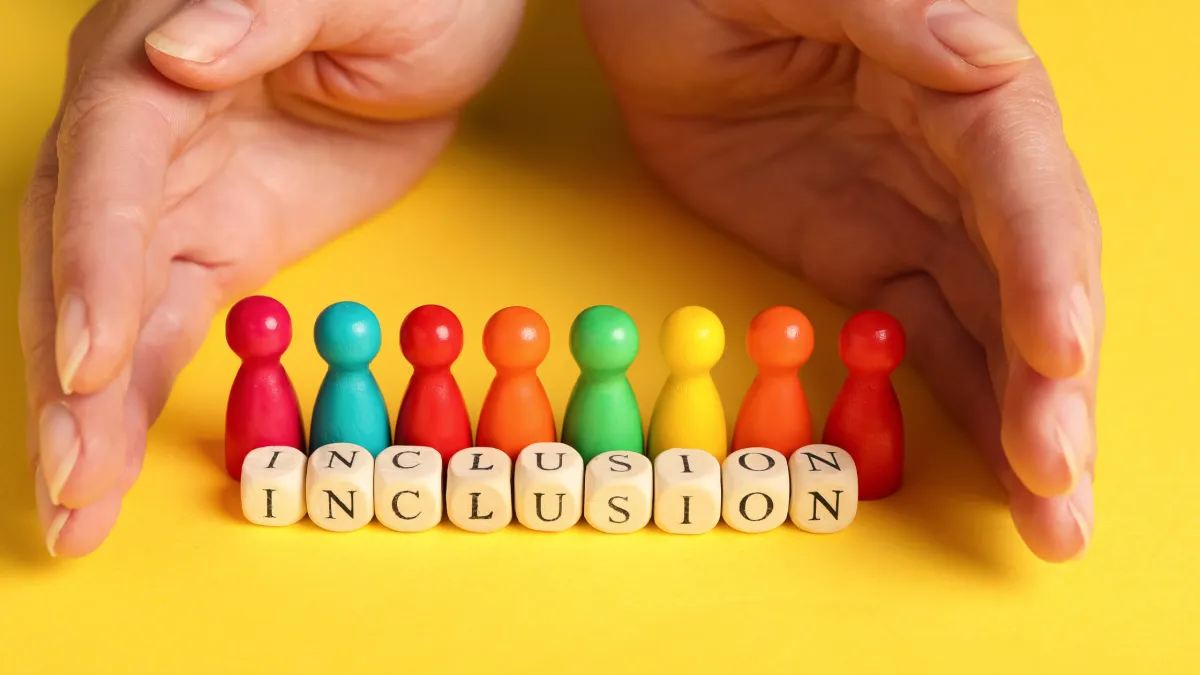

Early Education for Every Child: The Importance of Inclusivity
As a preschool teacher, I've had the privilege of witnessing the magic that happens when young children from diverse backgrounds come together in an inclusive early education environment. Inclusion is not just a buzzword; it's a powerful philosophy that ensures that every child, regardless of their unique learning needs, has the opportunity to thrive. In this blog, we'll explore why inclusivity is essential in early education, what it entails, and how it benefits all children.
The Significance of Inclusive Early Education
What is Inclusivity in Early Education?
Inclusivity in early education is the practice of creating an environment where every child, regardless of their abilities, disabilities, learning differences, or cultural backgrounds, is welcomed and valued. It goes beyond physical access; it ensures that all children have the opportunity to participate fully and actively in all aspects of the educational experience.
Why is Inclusivity Important?
Promotes Diversity: Inclusivity celebrates diversity and acknowledges that every child is unique. It teaches children to respect differences and appreciate the value of diversity.
Equal Opportunity: Every child deserves an equal opportunity to learn and grow. Inclusivity ensures that no child is left behind.
Builds Empathy: Inclusive environments foster empathy and understanding. Children learn to appreciate the experiences and perspectives of others.
Prepares for the Real World: The world is diverse, and inclusive early education prepares children for the reality of interacting with people from various backgrounds and abilities.
The Benefits of Inclusive Early Education
Inclusivity benefits not only children with diverse learning needs but all children in the classroom. Here's how:
Enhanced Learning: Inclusive classrooms provide a rich learning environment where children learn from each other. Children with diverse abilities and experiences contribute to a broader range of learning opportunities.
Promotes Acceptance: Inclusive settings promote acceptance and understanding of differences. Children learn that differences are a natural part of life.
Social Skills: Interacting with peers who have diverse abilities fosters the development of social skills, empathy, and cooperation.
Stronger Community: Inclusive classrooms create a sense of belonging and a strong sense of community. Children learn to support and help each other.
How Does Inclusivity Benefit Children with Diverse Learning Needs?
Access to Education: Inclusive early education ensures that children with disabilities or learning differences have access to quality education, setting the foundation for their future.
Social Integration: Children with diverse learning needs have the opportunity to interact with typically developing peers, facilitating social integration and skill development.
Improved Confidence: Inclusivity boosts the self-confidence and self-esteem of children with diverse needs, as they feel valued and accepted.
Learning Support: Inclusive classrooms often have additional resources and support staff, ensuring that children with diverse needs receive the assistance they require.
How to Promote Inclusivity in Early Education
Teacher Training: Educators should receive training in inclusive practices to create welcoming and supportive classrooms.
Individualized Plans: Develop individualized education plans (IEPs) for children with diverse needs to address their unique learning requirements.
Peer Support: Encourage peer support and peer mentoring within the classroom, where typically developing children can assist their peers with diverse needs.
Flexible Curriculum: Create a flexible curriculum that allows for adaptations and accommodations to meet the diverse learning needs of all children.
Open Communication: Maintain open communication with parents to ensure that the child's educational experience is consistent both at school and at home.
Inclusivity: A Foundation for a Bright Future
Inclusive early education is a foundation for a brighter future. It instills in children the values of acceptance, empathy, and respect for diversity from a young age. As parents and educators, we have the power to create inclusive environments where every child has the opportunity to learn, grow, and flourish. Through inclusivity, we equip our children with the skills and attitudes needed to navigate a diverse world with compassion and understanding, paving the way for a more inclusive and harmonious society.